Multicultural Club
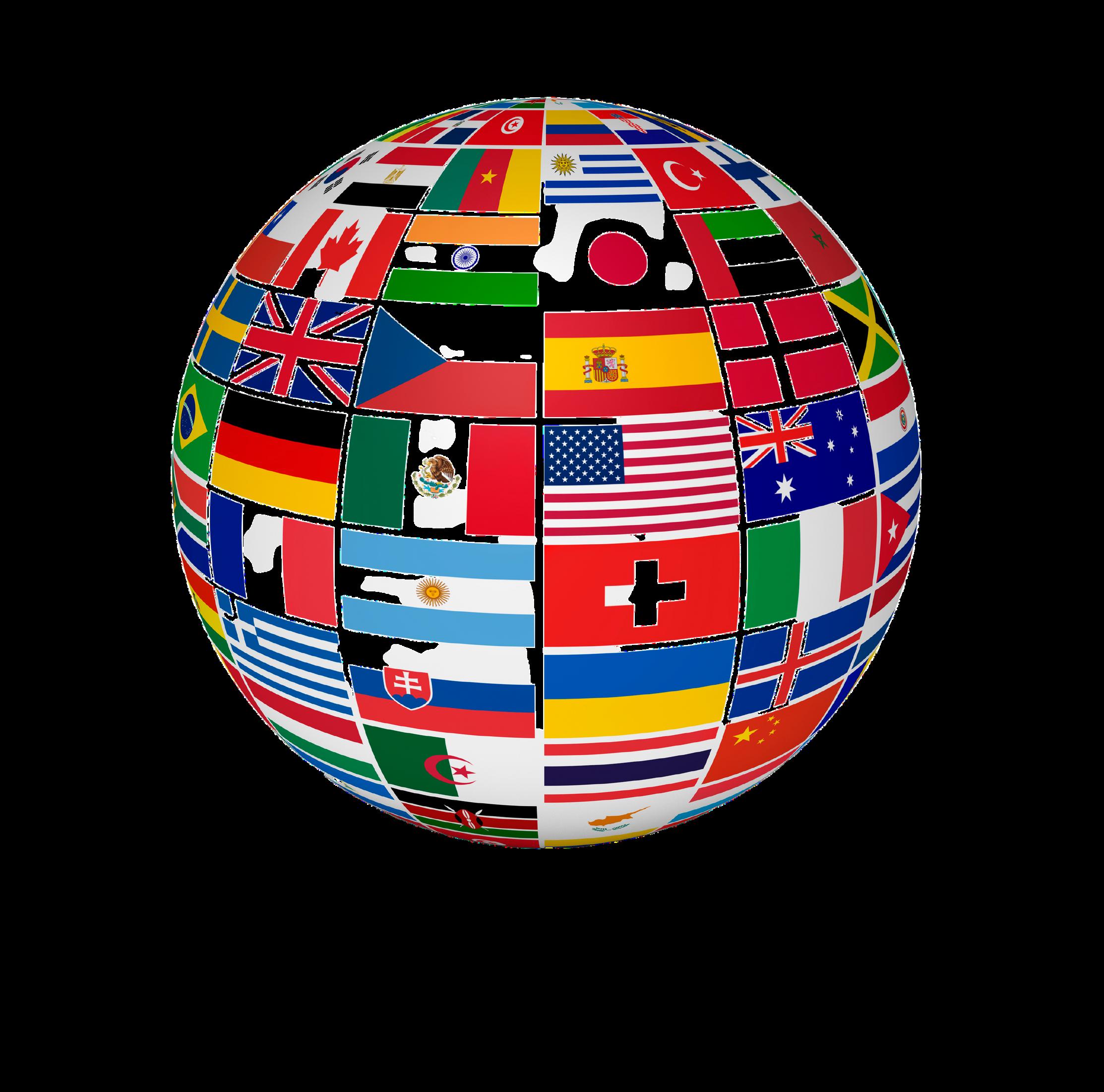


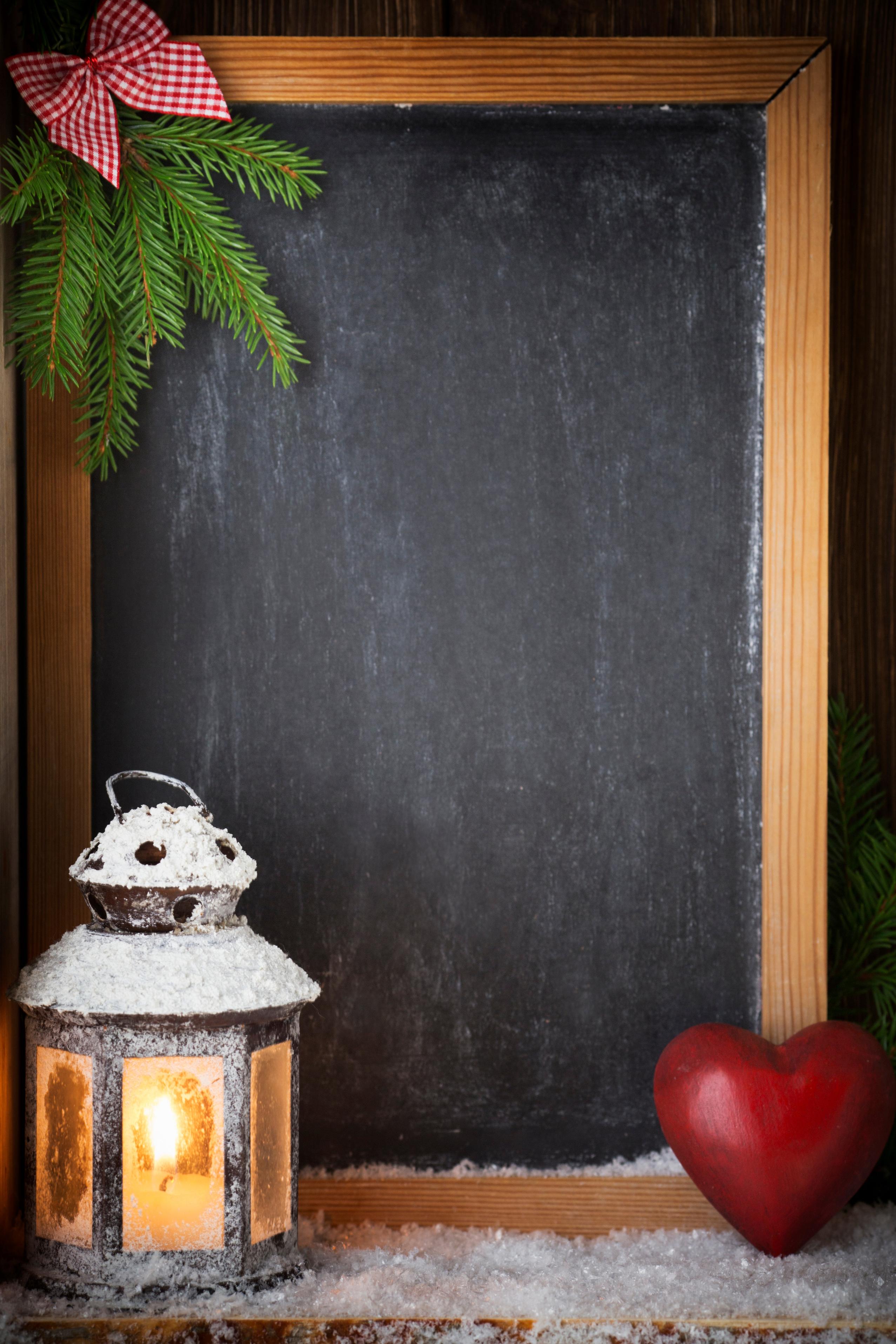
Catching up with our Multicultural Prefects
Weareveryluckytohavethreefantasticmulticulturalprefectsinourschool.Here,Iffat shareswithusherthoughtsontheMulticulturalClub.
Multicultural Club


Our Multicultural Club is on on Wednesday at lunch time in T9 so all students from all backgrounds please attend and enjoy. Whether you want to share something about your culture or learn about others, pop in and embrace culture. We have so many people in our school from so many backgrounds and cultures and you are also going to be dealing with people from different places, so if you know their culture, it will make things a little bit easier.
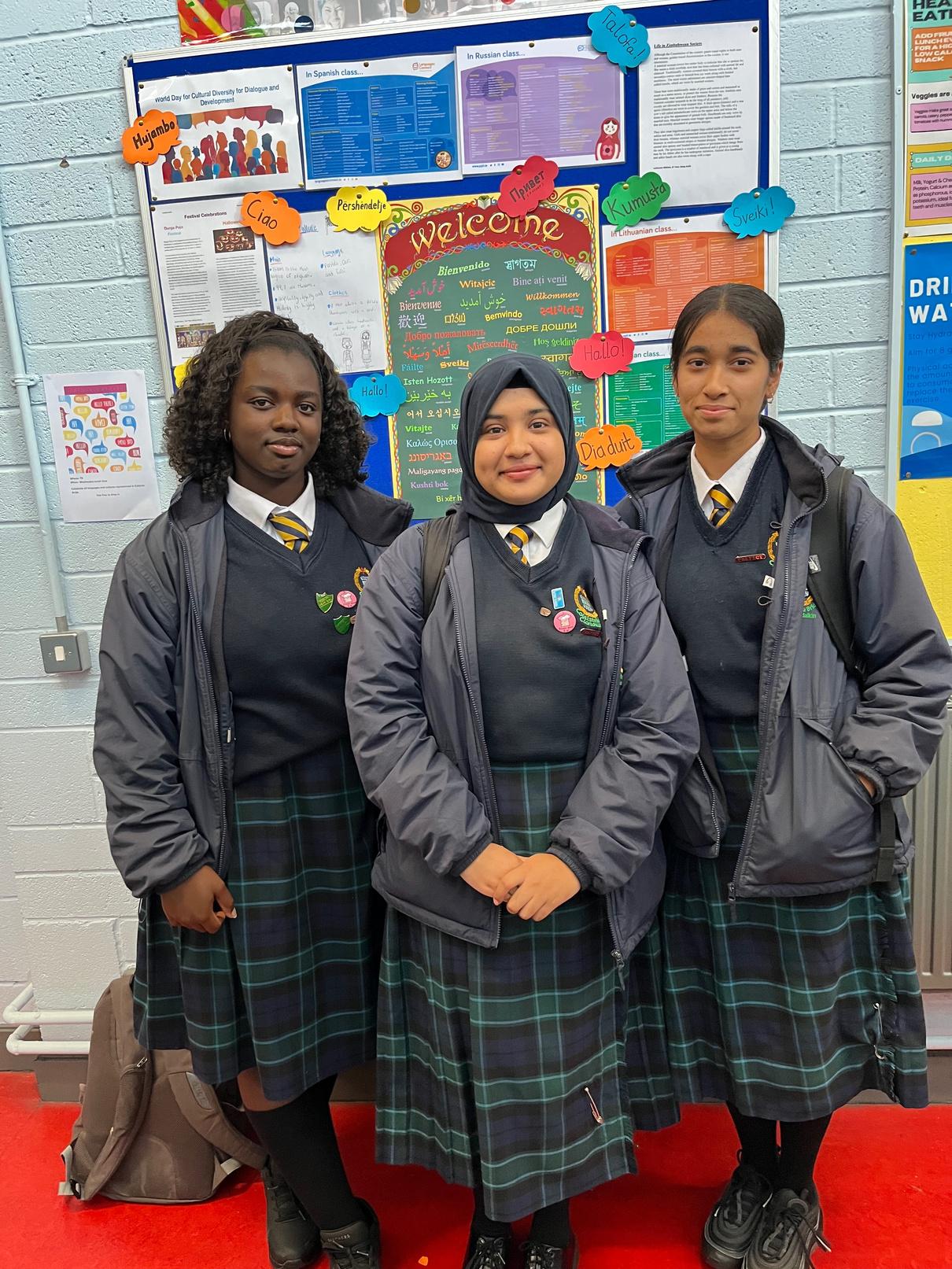
From being a part of the Multicultural Club you will develop an understandingand respect for cultural differences. We can embrace different cultures and values and be exposed to new ideas and perspectives We will have increased creativity and possibly learn or strengthen a second language from some phrases. The best way to learn a language is to engage with it. Lastly we might maybe have some diverse and delicious treats :) So come along when you can and immerse yourself in the culture of our school and community.
IffatImran,6thYear,RangEmer.
MulticulturalClubisoninT9everyWednesdayat lunchtime-Everyoneiswelcome.
How I spend the Holidays
The holidays are always filled with the prettiest colours and lights. The atmosphere is so cheery and bright. I love the holidays for that I come from a culture that does not celebrate Christmas. We respect the day and the people that celebrate it, but we don’t partake in any celebration of the holiday Christmas is a holiday that revolves around giving which is something Muslims are quite fond of. We love giving back and it’s a huge part of religion. However, Christmas started with the birth of Jesus and in Islam we believe in a different story. Which is okay! But in my opinion, it would be the main reason we don’t celebrate Christmas. For us, Christmas would be any normal day. There wouldn’t be anything special about it The only holidays we really celebrate are two days called Eid which means festival Each day is marked at a different time on the calendar, one day follows after the Islamic month of fasting called Ramadan. When Muslims fast from sunrise to sunset. The other is during the time of year where Muslims make a pilgrimage to Saudi Arabia Both holidays represent something different.
Similarly, we don’t do much for New Year’s Some people do and that is within their right but not many people take the opportunity to start new beginnings The Islamic calendar is very different from the regular one we know. It starts during the summer with the month Muharram and ends with the month Dhul Hija, also in the summer So, it does make sense why people choose to not celebrate New Year’s when the clock strikes midnight.
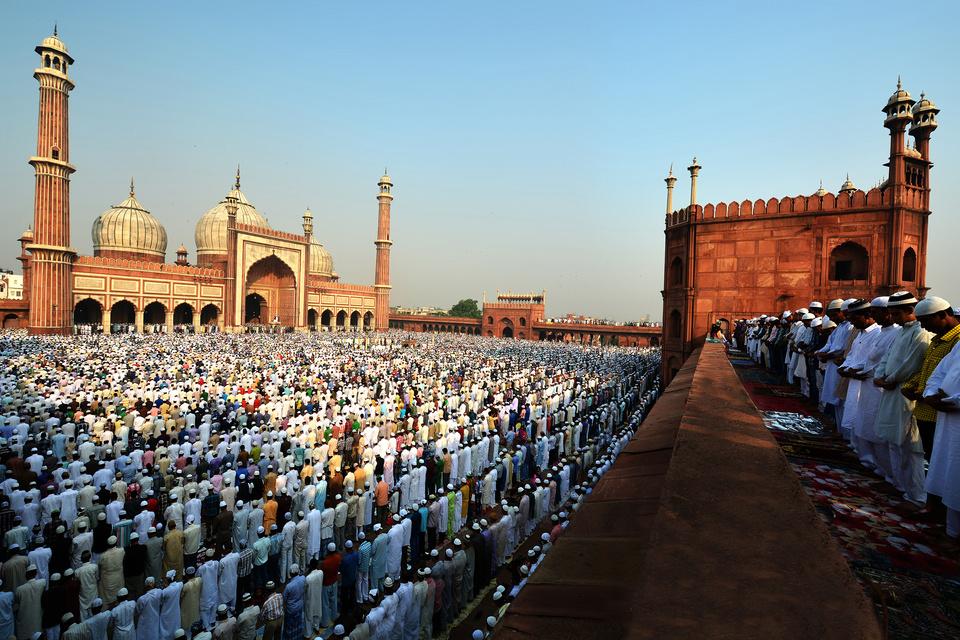
During Christmas, we know that it’s a time of giving It’s the end of a term, the end of the year! We do give gifts to our friends and the people closest to us if we want to and we accept gifts from our friends. Just because we don’t celebrate the day does not mean we are completely restricted from traditions For us it wouldn’t be considered a Christmas gift but more like a holiday present I know that many people are sometimes confused by different customs and traditions that other people follow so I hope you feel more informed and aware after reading this. Thank you and Happy Holidays!
 JibaTashniahAnsary,6thyear.RangFionn..
JibaTashniahAnsary,6thyear.RangFionn..
 Withtheschoolholidaysapproaching,Jibatellsushowshespendstheholidayperiod.
Withtheschoolholidaysapproaching,Jibatellsushowshespendstheholidayperiod.
Welcome to ColÁiste Bríde
WeareveryluckytohavewelcomedmanystudentsfromUkrainetoourschoolcommunity. Here,Yeva,oneofourTransitionYearstudentsfromUkraine,tellsusaboutherexperience ofTransitionYearandtheIrishEducationSystem.
From heart to heart
Coláiste Bríde is a vibrant secondary school which was founded by the Presentation Sisters in 1955. When you step inside the building, you instantly feel the friendly and warm atmosphere welcoming you, encouraging you to learn, to grow and to connect, making you feel safe, peaceful and at home. Our school's motto is: "To Teach, To Guide, To Form".
Culture in translation from Greek Πολιτισμός (politismos) means upbringing, education, development, reverence To be cultured means to put into practice human and spiritual values
The school teaches us the manifestation of our best qualities of character, competence of skills, abilities and knowledge And therefore the school teaches us to become a true cultural person.
Many of us are familiar with the Swedish word ‘Lagom’ meaning "just the right amount" or "not too much, not too little". Our school has everything which is needed for our education and upbringing.
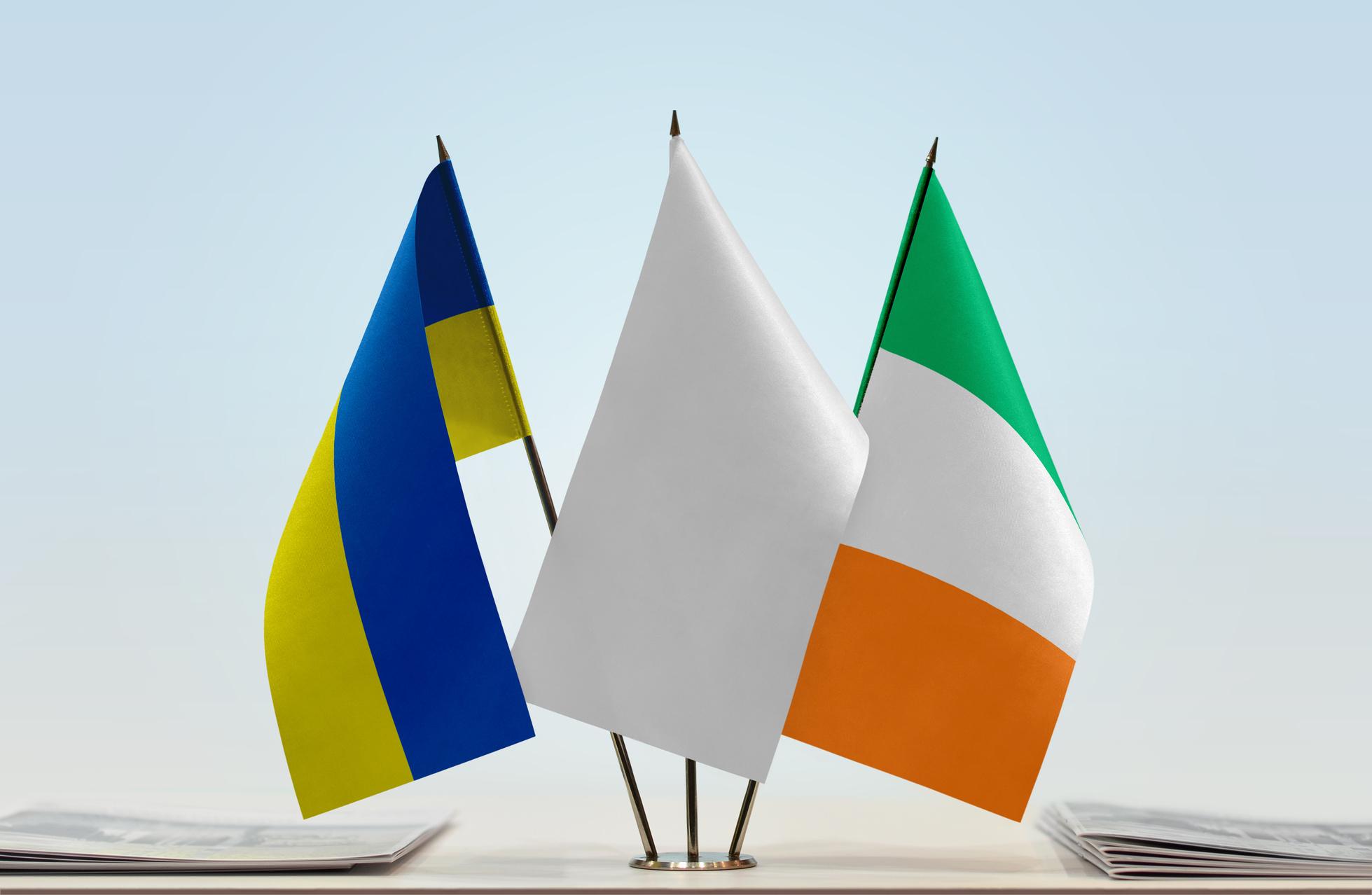
The friendly atmosphere can be traced both in communication with teachers and classmates; In the canteen the food is made with love, similar to home food. The school pays great attention to the development of practical skills, such as Mini Company, Economics, Accounting, Home Economics, Work Experience and Business.
Based on my experience of studying in different schools, I came to the conclusion that this school is more focused on learning practical knowledge than theory. This is one of the striking differences from my old school. That’s great because it’s all gently preparing us for adulthood
In my understanding, the word teacher is associated with unconditional love. The great profession of a teacher should have a capital letter Those who pass through the stages of our formation, almost from birth to adolescence, hand in hand with our mothers, teaching us, helping us and guiding us, sharing their knowledge and skills. They pass their experience from heart to heart. Until we are very old, in our hearts we keep the image of our first teacher.
YevaRandolf,TYC
A Focus on Culture Moldova
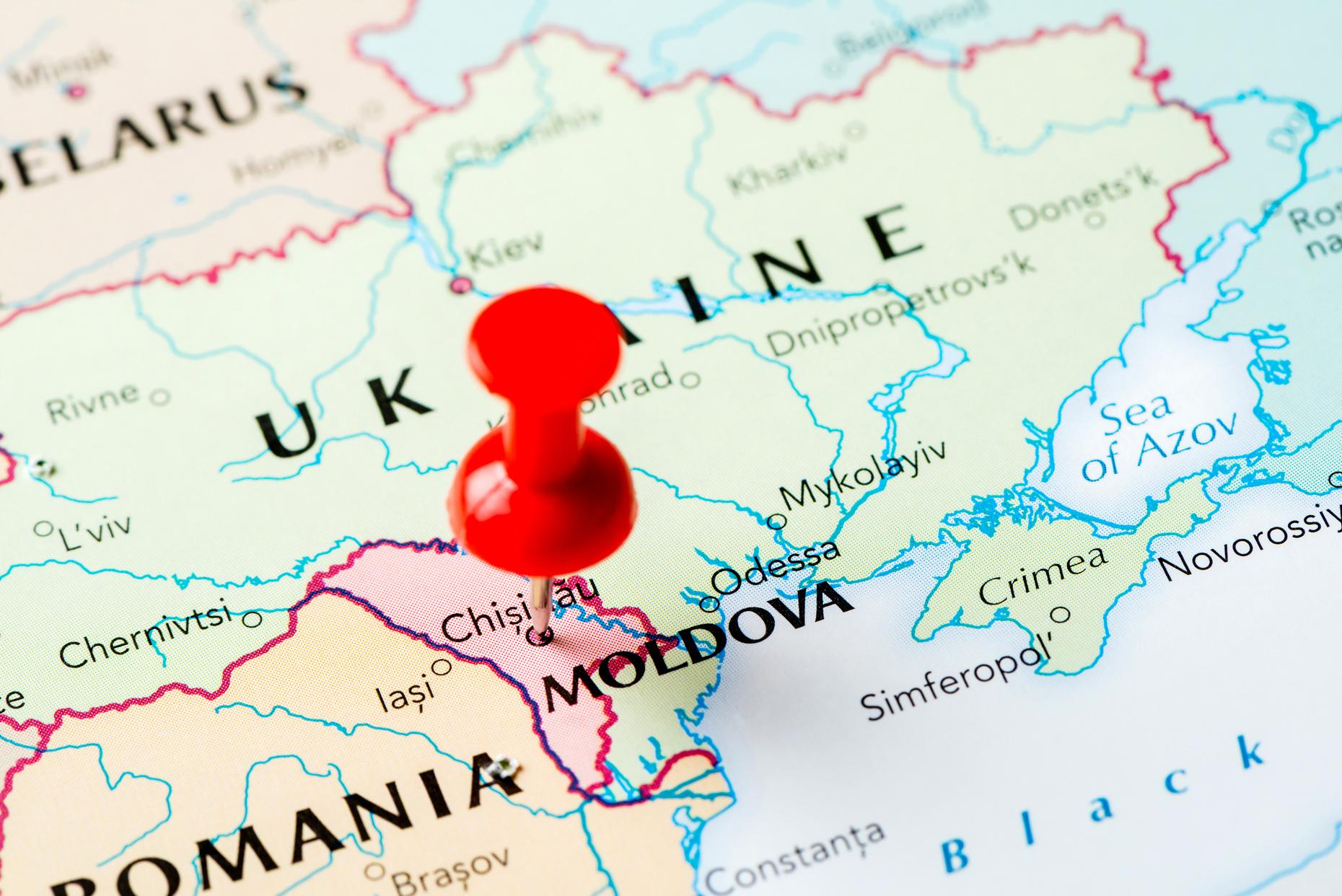
VictoritaVelesco,a5thYearstudentinColáisteBríde,tellsusaboutherhomecountry MoldovaandhomecityDullest.

Moldova is a very beautiful country situated in the East of Europe Moldova is usually associated with grapes, because in Moldova there are a lot of vineyards, and, on the map, it looks like a bunch of grapes Because of the vineyards, Moldovans have a lot of grapes They make a delicious, authentic wine. Moldova is also rich in medieval places: a lot of monasteries and two special fortresses. Tourist come to Moldova for our nature: ancient woods and spectacular places like Orheiul Vechi Moldovans are also very hospitable everywhere and always. People from our country are generous, hard-working and honest. Moldova is a special place, and we should be proud of our country. Durlesti is a city in the municipality of Chisinau, Republic of Moldova. It is located in the north western part of the city of Chisinau, bordering the Buiucani sector of the capital and separated from Chisinau by only one road - Hotinului Street. The town has a population of 23,000 citizens, being documented for the first time in 1470. It is connected to the capital by several maxi-taxi routes, bus route no. 11, as well as trolleybus route no. 1. A traditional Moldovan food is Răcituri It is very delicious! Usually this snack is made at home by ladies, and often at holidays, but it can also be bought at the restaurants. And another very nice food is Sarmale It is made from vine lives but also is made from cabbage. Inside there is rice and meat.
VictoritaVelesco,5thYear,RangDarragh..
Festival Celebrations New Year's in Albania
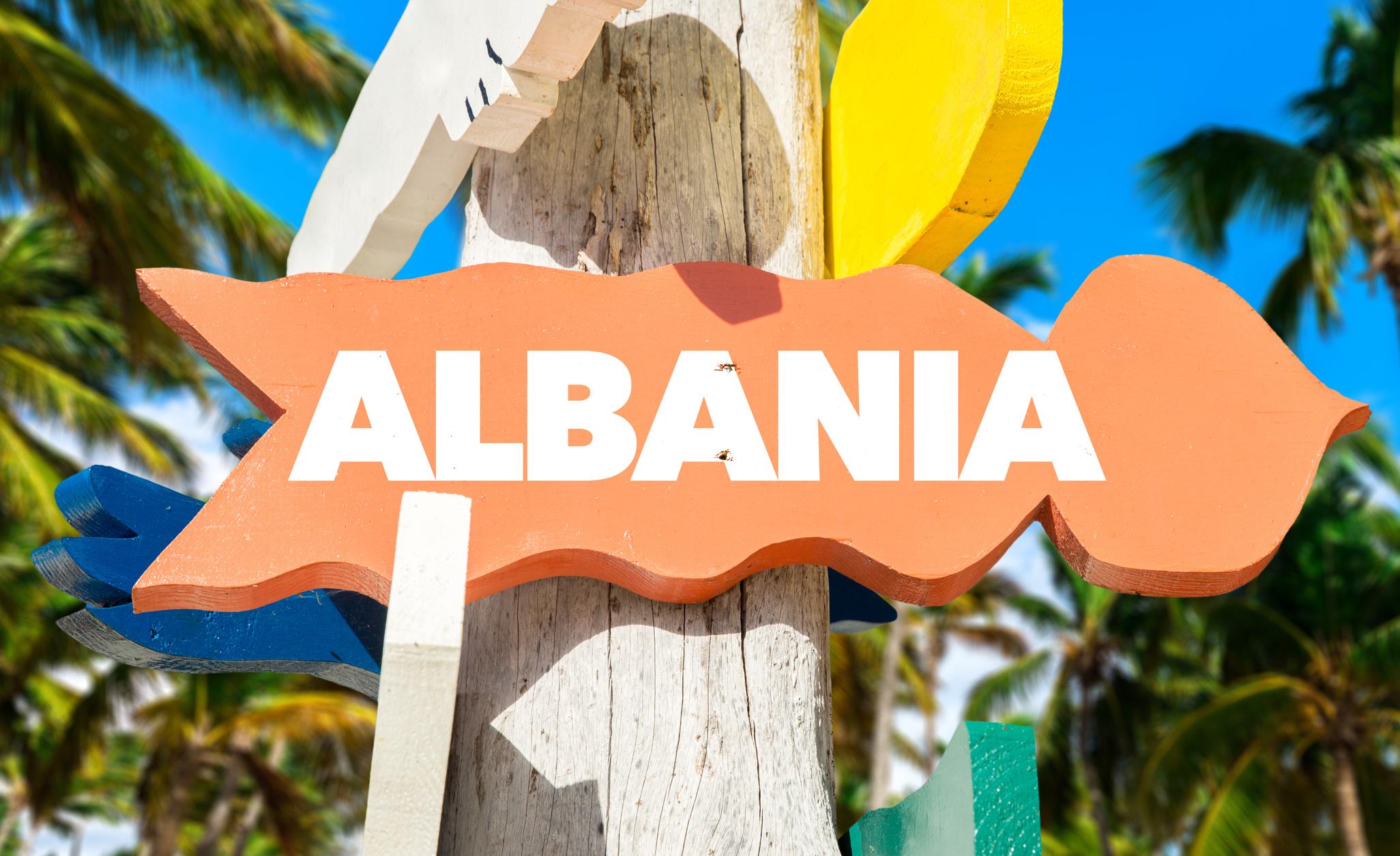
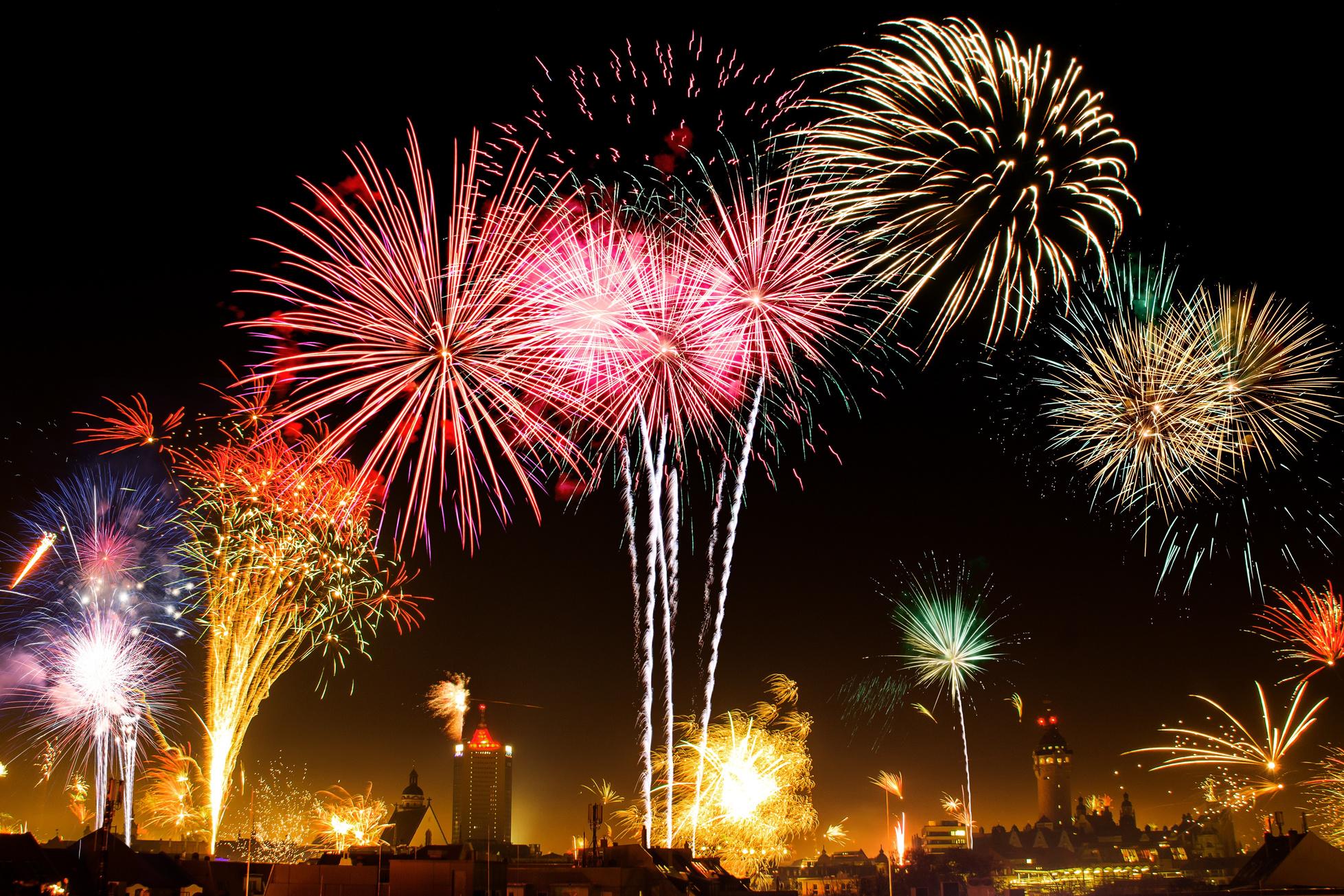
The deep feeling of celebration and reunion of families on the 31st of December dates back to habits formed during the period of Communism. Under the dictatorial regime, all religious events, especially Christmas Day, were prohibited. For this reason, New Year’s Eve as a non-religious festive day gained in significance and became a bit of a compensation for the missing Christmas. New Year’s Eve traditionally brings a rich table symbolizing the desired prosperity for the upcoming year, containing plenty of meat products as well as salads, sweets and various drinks These are the most typical dishes served and eaten on New Year’s Eve Baklava – sweet and full of flavor, with walnuts or dry fruits, Baklava is definitely the delight of the New Year’s Eve dinner. Traditionally, this desert is prepared by the housewives some days before the event, following an old recipe passed down from generation to generation. Today however, the desert is also often bought ready-made. Rakia – as in most other countries, even in Albania alcoholic beverages like wine and beer are common beverages on this festive night, but rakia, the traditional drink, still holds a special place, especially for the older generation. The most common form of Raki is made of grapes and the liquor has always been part of important ceremonies and holds a special status in Albania. Furthermore, there is a special tradition to hide a coin (one Albanian lek) in the pie or soda bread that is prepared on the 1st of January. The pie or soda bread is divided into as many pieces as there are members of the family, plus one portion that symbolically belongs to the house. The pieces are then selected randomly and it is said that whoever gets the coin will have a good year, whereas if the lek is found in the part of the house, then all the family members will have a lucky year. In Albania, the New Year’s Eve celebrations do not really end on the 1st of January, as on the 2nd and 3rd many relatives visit each other, enjoy stuffed tables and celebrate this joyful and beautiful event. Gëzuar Vitin e Ri!
ElizabetaBerisha,TYB
Festival Celebrations Christmas Customs in Ukraine
During the Christmas holidays in Ukraine, it is traditionally popular to sing carols, called ‘kolyadky’. One of the most famous Ukrainian kolyadka is “Carol of the bells” or “Shchedryk” by Mykola Leontovych Children perform the Christmas songs going from house to house and wishing the owners of those houses peace and prosperity, "sowing" half grains with wheat or barley corns, that is believed to bring well-being and happiness.. In gratitude the hosts gift the children with sweets and coins which bring good luck for the entire year On Christmas Eve, which is the Holy Night, the 6th of January in Ukraine, on the Eve of Christmas people strictly honoured the tradition of serving 12 Lenten dishes – equal to the number of apostles. Traditionally it includes kutia, uzvar, freshly baked bread and varenyky, which the servers might hide coins, served to the table. Those who find a coin inside varenyk will be followed by good luck in the new year Talking more about kutia, I should mention that it is the most important dish of all twelve and consists of boiled wheat mixed with poppy seeds, honey, raisin and walnut And after a feast with the family, it is customary to bring dinner to the godparents. They take kutia and other dishes and visit for several hours, but then they always returned home to celebrate Christmas morning with their family After lunch we could visit grandparents living separately or other relatives
On January 14th, Ukraine and other post-Soviet countries celebrate the most unusual and strange holiday called the Old New Year. The holiday came to be as a result of the transition from one system of chronology to another. As the difference between calendars (old and new style) is 13 days, people decided to celebrate the New Year twice – once in a new style, and another in the old way.
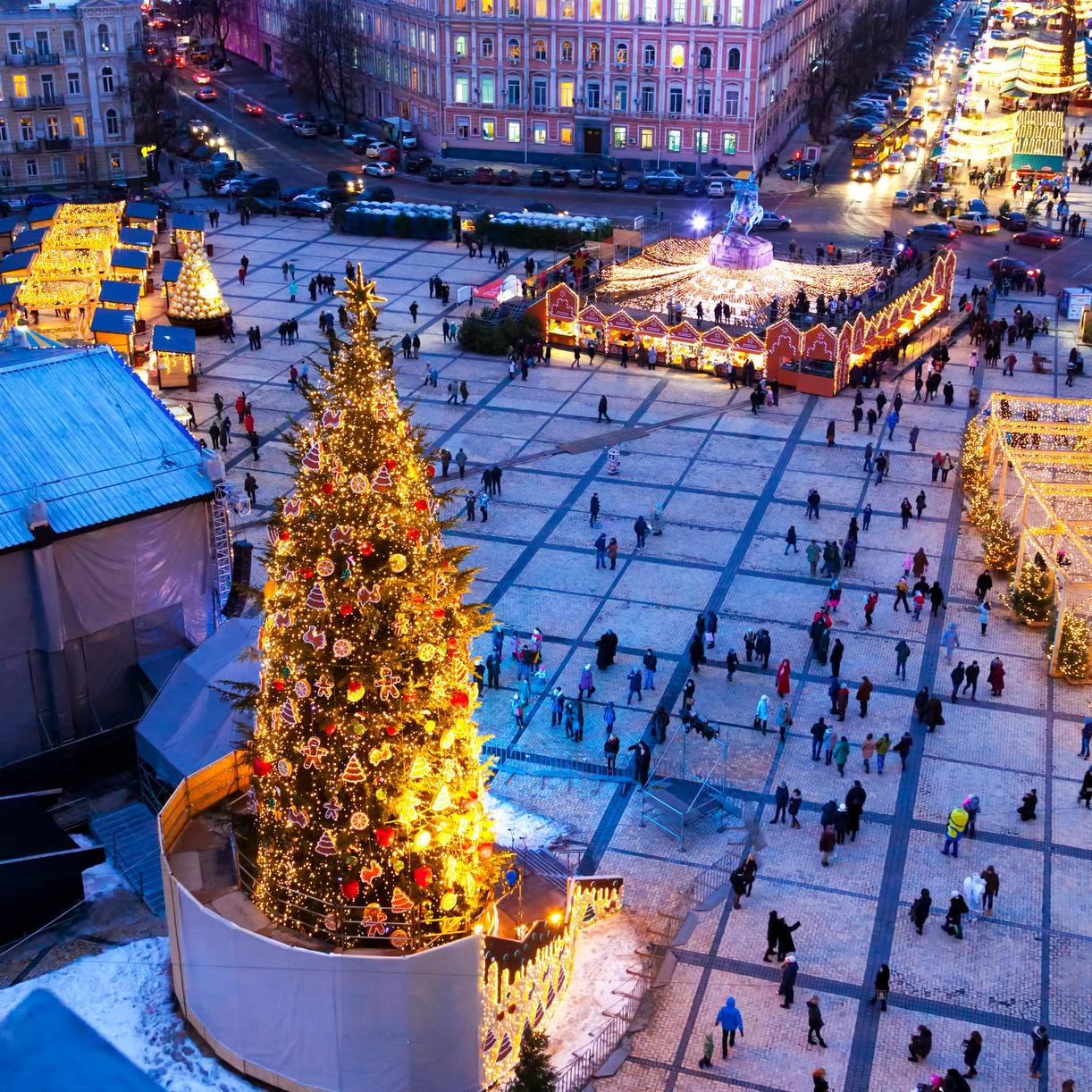
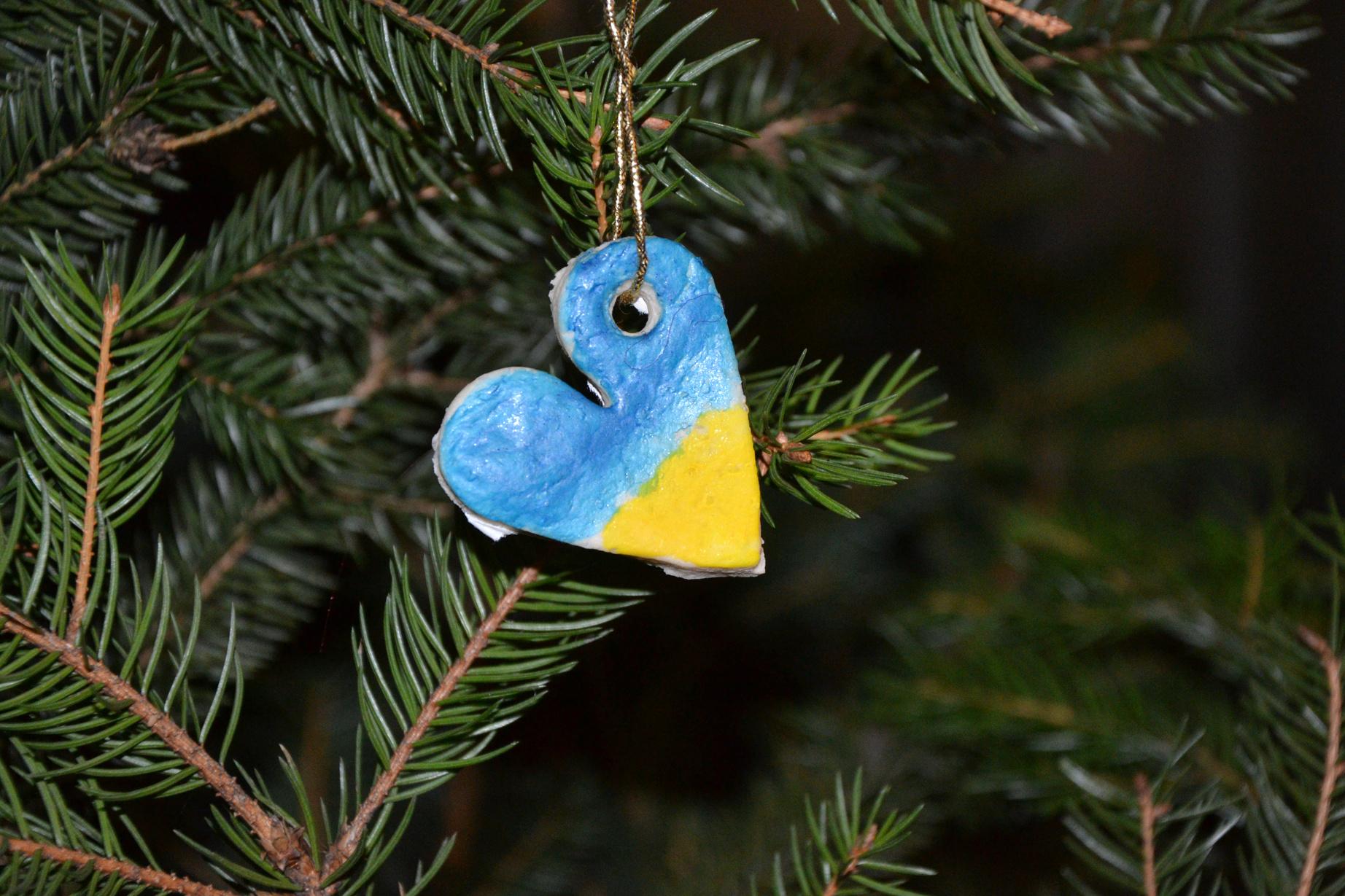 DarinaBorysovska,2ndYear,RangMaebh
DarinaBorysovska,2ndYear,RangMaebh

Multicultural Food Fair
Thisyearon23rdNovember,ColáisteBrídehostedaMulticulturalFoodFair.Thiswasagreat dayofcelebrationwithcuisinefrommanycountriesshowcasedincludingTogo,China,Ukraine, Lithuania,Bangladesh,Italy,Moldova,IrelandandPoland.Heresomeofourstudentsdescribed howtheywereinvolvedinthecelebrations.
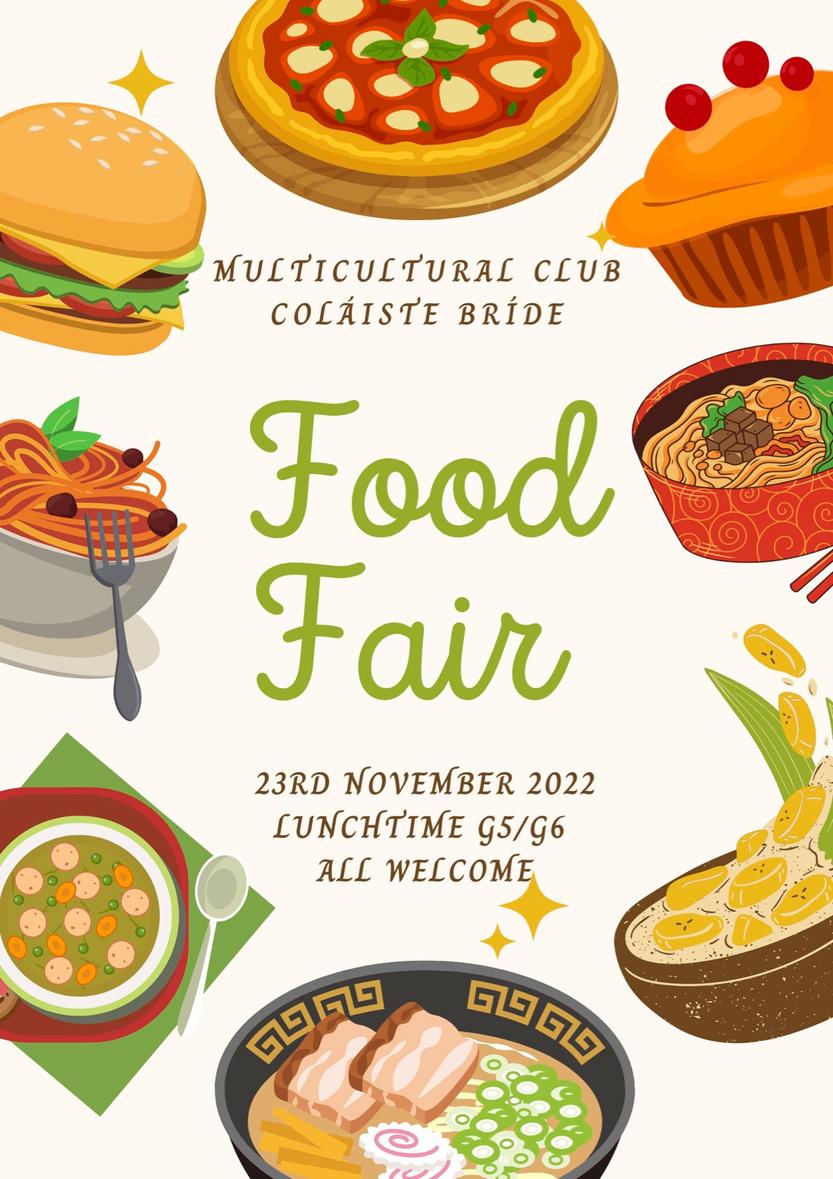
During lunchtime on the 23rd of November I, amongst a few of my other peers, where provided with the opportunity to share our culture through the annual Coláiste Bríde food fair. We began by setting up for the fair: decorating G5 and G6 with balloons and posters, setting up tables with vibrant tablecloths, language information booklets and, most importantly, food from each one of the countries we were representing. I spent the last year living in Italy and so I was asked by Ms. O’Gorman, who organised the fair, to be one of Italy’s representatives At our station we were tasked with handing out lemon and white chocolate cannoli (an Italian pastry consisting of tube-shaped shells of fried pastry dough, filled with a sweet, creamy filling), pandoro (a traditional Italian sweet bread) and pizza. Our doors opened as the bell for lunch rang at 13 20
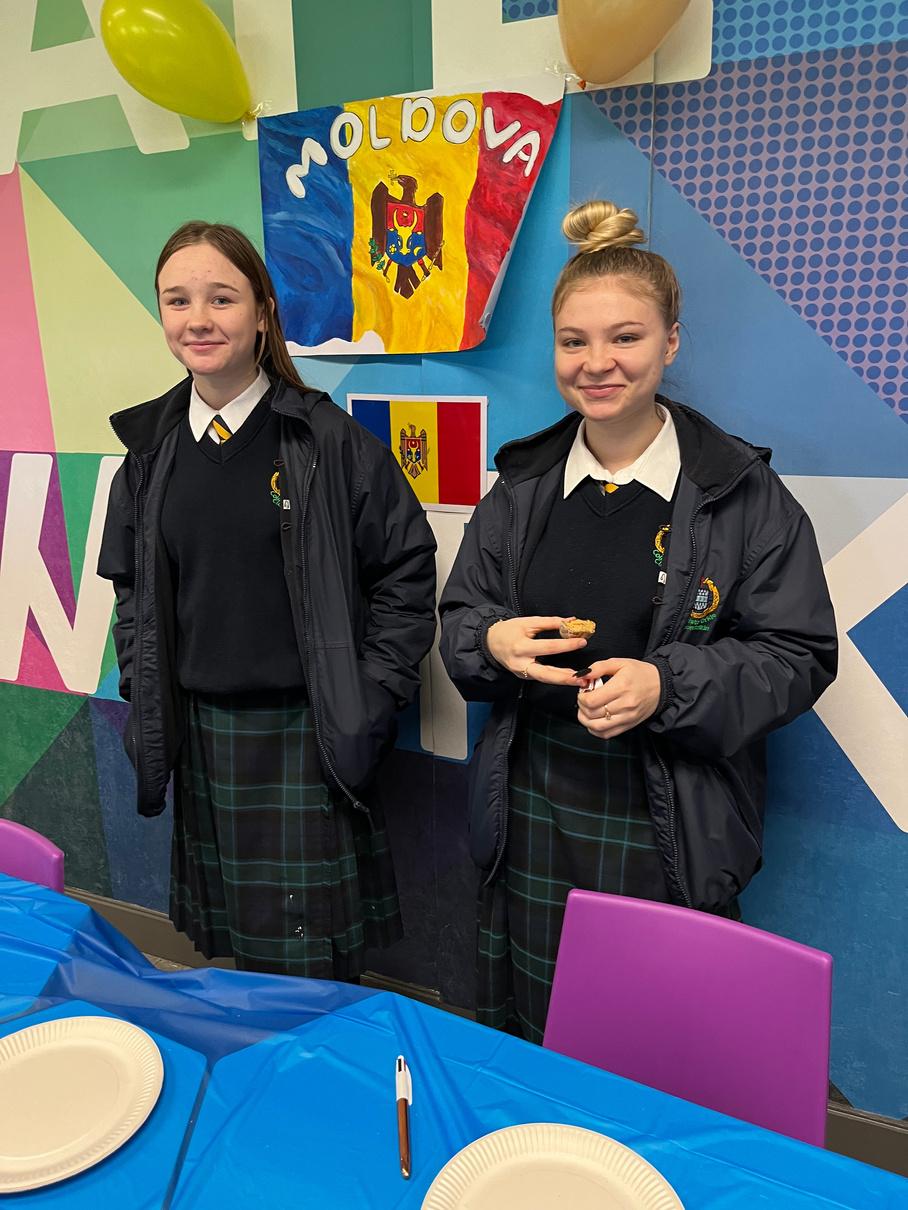
The event went over a treat and we were sold-out, or so to say, in minutes. Food is a vital part of the Italian culture. It represents the biggest expression of our culture and acts as a key to be able to socialise with friends and family. Italian food is all about originality and tradition. This rings through in everything related to Italy Being able to share this aspect of my culture with the rest of the school was extremely fulfilling. Moreover, it was an honour to be able to take part in such an enjoyable school event and for anyone who did not attend, I would highly recommend it for the following year
HopeFitzmaurice,5thYear,RangCillian.

Multicultural Food Fair

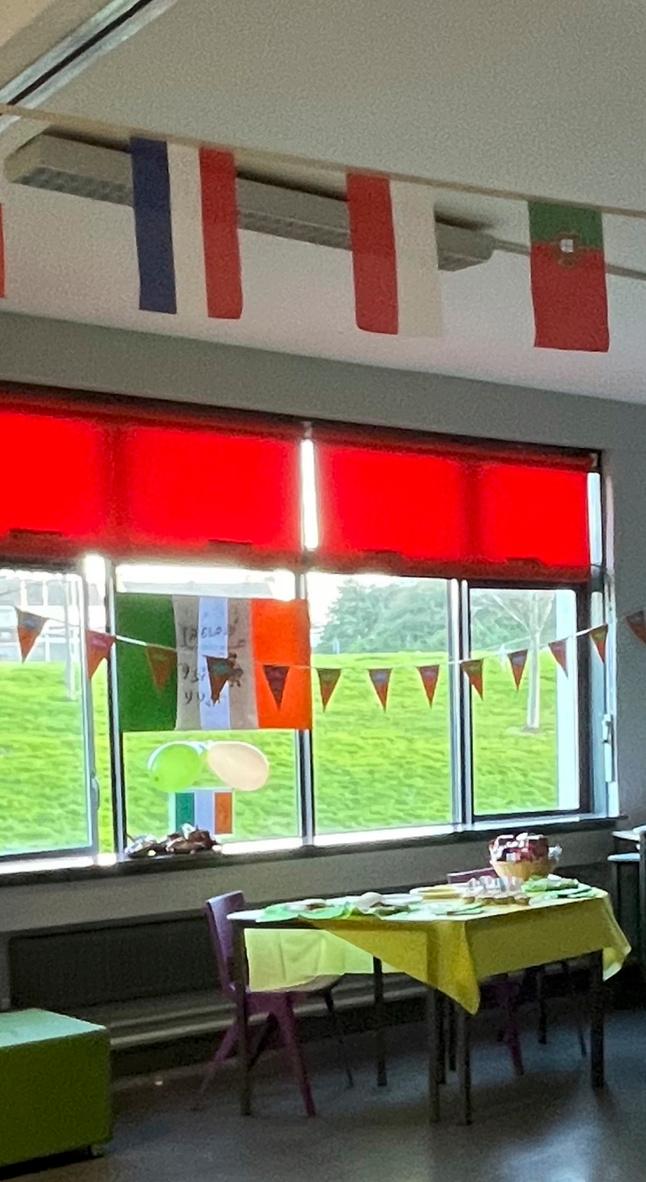
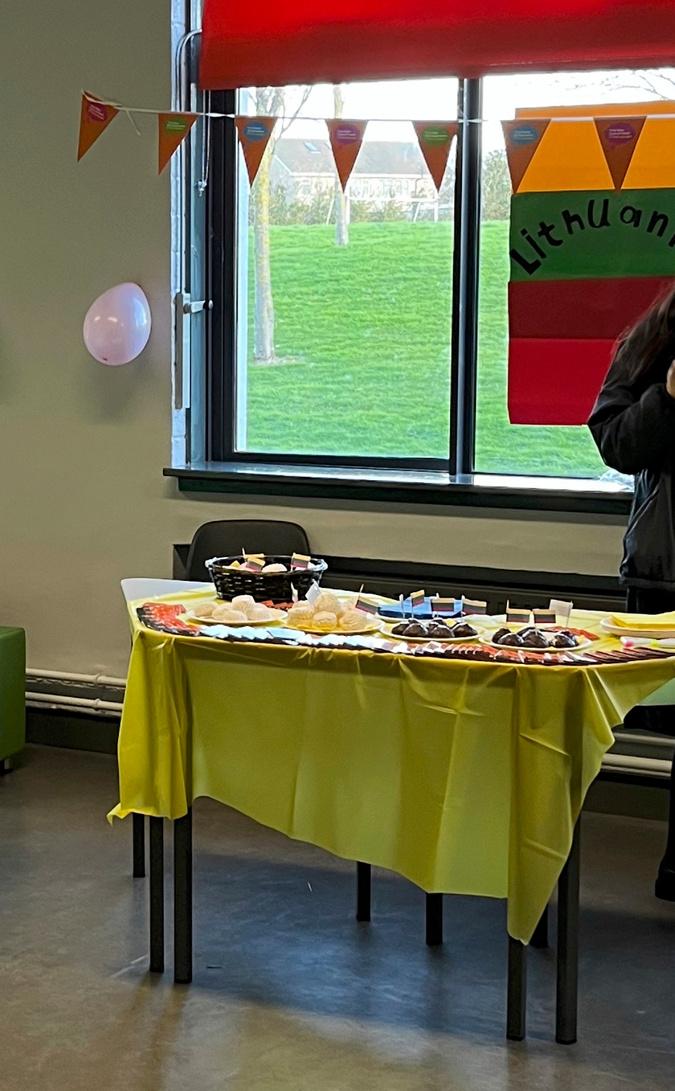
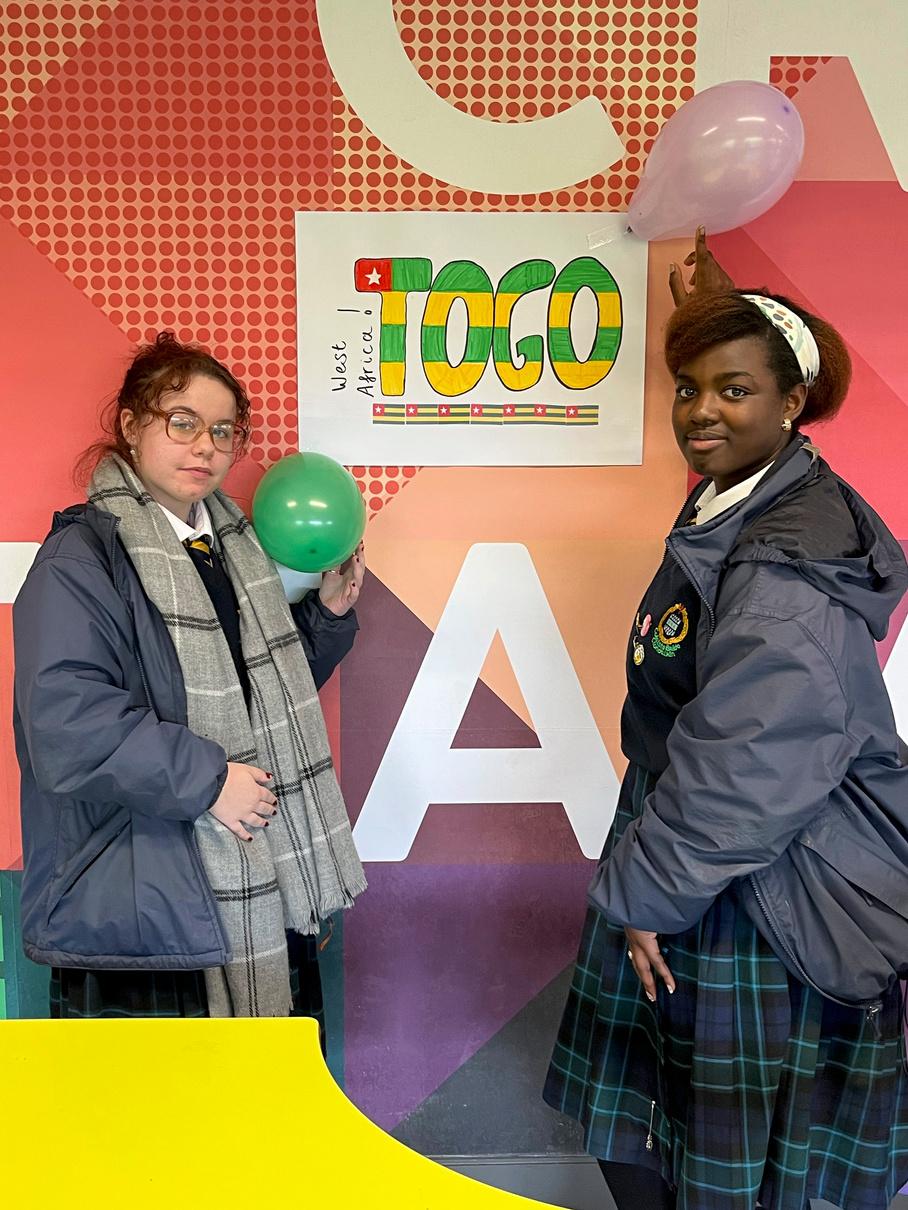
On Wednesday the 23rd of November the Multicultural Club held an International Food Fair in G5/G6 at lunch time. Each stand had a food from a different country There were food displays from Ukraine, Ireland, Moldova, China, Poland, Lithuania, Italy, Togo and Bangladesh There were so many people that all the food was gone so much quicker than we had expected. G5 and 6 was decorated very well There were posters for every stand and balloons everywhere. Every stand had 3 or more delicious foods for people to try Everything was free and it was amazing to experience it. We ran the Ireland stand and we had Tayto crisps, apple pies and potato cakes that the 5th years made. It was obvious that everyone put in a lot of effort making the posters, getting and making the food, and the presentation of the stands for the day. This was a good opportunity for people to share their culture and for others to learn about different cultures – something that is very important to us in Coláiste Bríde Abbie Kerins, Rosa Rafter and Sophie Howlett, 1st Year, Rang Aodh.

